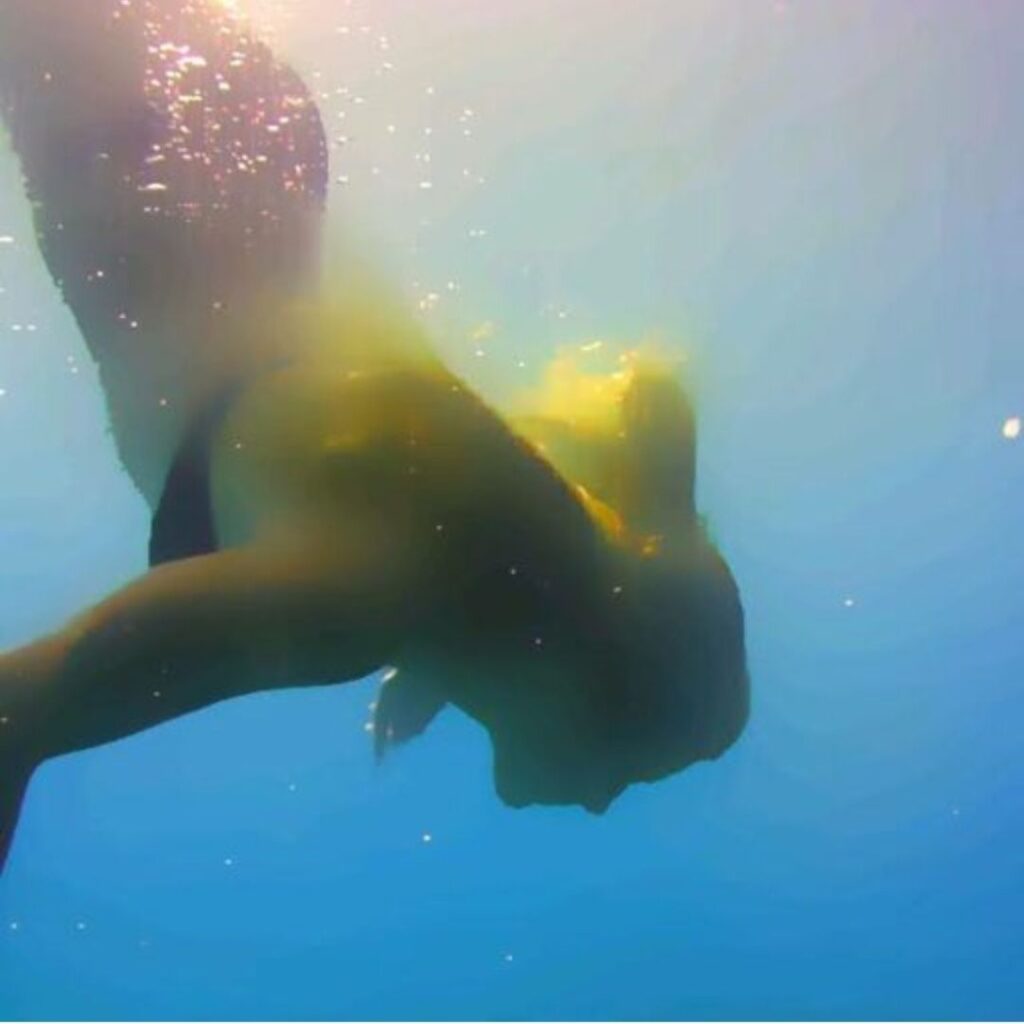Thales of Miletus and Aquawareness

Thales of Miletus, a pre-Socratic philosopher from ancient Greece (c. 624–546 BCE), is often recognized as the first philosopher in Western history. He is renowned for his assertion that water is the fundamental principle, or arche, of the universe. This idea marked a significant shift from mythological explanations of natural phenomena to a more rational and empirical understanding of the world.
Thales’ Concept of Water as the Arche
Thales proposed that water is not merely a physical substance but the essential element from which all things originate. His reasoning was based on several observations:
- Ubiquity of Water: Thales noted that water is everywhere—in the sky as rain, in the soil, and within plants. This omnipresence led him to conclude that it must be a fundamental component of life itself.
- Transformative Nature: Water can exist in multiple states—solid (ice), liquid (water), and gas (steam)—and can change forms readily. This property symbolized for Thales the ability of all things to transform and evolve, suggesting that change is a fundamental aspect of existence.
- Life Sustenance: He observed that all living things depend on water for nourishment, reinforcing his belief in its essential role in life and its interconnectedness with all forms of existence145.
Philosophical Implications
Thales’ identification of water as the arche was groundbreaking because it moved philosophy towards naturalistic explanations rather than divine intervention. He posited that:
- The Earth floats on water, which he believed provided stability and support for land masses. This idea also served as an explanation for earthquakes; he suggested they were caused by disturbances in the waters beneath the earth346.
- Everything in nature is interconnected through this single substance, emphasizing a unity within the cosmos. This view laid the groundwork for later philosophical inquiries into the nature of existence and reality15.
Legacy and Influence
Thales’ ideas significantly influenced subsequent philosophers and scientific thought. He is often credited with initiating a more systematic approach to inquiry that would characterize later scientific methods. His emphasis on observation and rational explanation paved the way for future thinkers like Anaximander and Anaximenes, who also sought to identify fundamental principles underlying natural phenomena.In summary, Thales of Miletus fundamentally changed how humanity understands its world by proposing that water is the core substance from which everything arises. His insights into nature’s interconnectedness and the transformative properties of water not only marked a pivotal moment in philosophy but also set the stage for scientific exploration in ancient Greece and beyond.
Thales of Miletus and the concept of Aquawareness are interconnected through their shared emphasis on water as a fundamental element in understanding existence and consciousness.
Thales and the Fundamental Role of Water
Thales famously proposed that water is the arche, or fundamental principle, of the universe. He observed that water is essential for life and exists in various forms—liquid, solid, and gas—symbolizing transformation and the interconnectedness of all things. This perspective marked a significant shift from mythological explanations to a more rational understanding of nature, laying the groundwork for scientific inquiry and philosophy[3][4][6].
Aquawareness: A Modern Reflection on Water
Aquawareness, as developed by Giancarlo De Leo, integrates mindfulness with aquatic experiences to enhance self-awareness and promote a deeper connection between individuals and water. This discipline encourages individuals to engage with water not just as a physical medium but as a source of personal growth and exploration. It emphasizes the sensory experiences associated with being in water, echoing Thales’ recognition of water’s transformative properties and its essential role in life[1][2][8].
Connecting Thales to Aquawareness
- Philosophical Foundations: Both Thales’ philosophy and Aquawareness emphasize the significance of water as a vital element for understanding existence. Thales viewed water as the origin of all things, while Aquawareness seeks to rediscover our relationship with this element through mindful interaction.
- Transformation and Change: Thales highlighted the transformative nature of water, which aligns with Aquawareness’ focus on personal transformation through mindful engagement with aquatic environments. Both perspectives recognize that water serves as a medium for change—whether in nature or within ourselves.
- Unity and Interconnectedness: Thales believed in the unity of nature, suggesting that all things are interconnected through their dependence on water. Similarly, Aquawareness fosters an understanding of our physical and mental states in relation to our environment, promoting a holistic view of well-being.
In summary, Thales’ philosophical insights about water as a foundational principle resonate with the modern practice of Aquawareness, which seeks to deepen our understanding of ourselves through our interactions with this essential element. Both highlight the importance of water not only as a physical substance but also as a profound symbol of life, change, and interconnectedness.
[1] https://www.aquawareness.net
[2] https://www.fuorimag.it/aquawareness-history-of-a-discipline/
[3] https://iep.utm.edu/thales/
[4] https://philosophy.institute/ancient-medieval/thales-water-principle-universe/
[5] https://en.wikipedia.org/wiki/Thales_of_Miletus
[6] https://www.philoschools.com/philosophy-before-socrates/thales/philosophy-of-nature
[7] https://www.psychofuturia.com/thales-of-miletus-western-philosophy/
[8] https://www.fuorimag.it/aquawareness-philosophical-approach/
[9] https://www.aquawareness.net/aquawareness-goals/
[10] https://www.fuorimag.it/aquawareness-masters/?print=print
[11] https://www.linkedin.com/pulse/relevance-thales-miletus-modern-world-rajendra-raju-kocharekar
[12] https://www.reddit.com/r/askphilosophy/comments/crngz3/current_relevance_of_thales/
[13] https://pilloledistoriaefilosofia.com/2025/01/02/thales-the-first-philosopher/
[14] https://iep.utm.edu/thales/
[15] https://www.aquawareness.net/aquawareness/
[16] https://rsisinternational.org/journals/ijriss/Digital-Library/volume-4-issue-8/784-788.pdf
[17] https://study.com/academy/lesson/thales-the-philosopher-theory-contributions-to-philosophy.html
[18] https://www.thalesgroup.com/en/global/corporate-responsibility/environment
[19] https://www.thalesgroup.com/en/group/responsability/news/going-extra-mile-sustainability
[20] https://www.thalesgroup.com/en/worldwide/group/news/environmental-responsibility-practice
[21] https://www.thalesgroup.com/en/countries/europe/united-kingdom/sustainability
[22] https://www.thalesaleniaspace.com/en/health-safety-environment